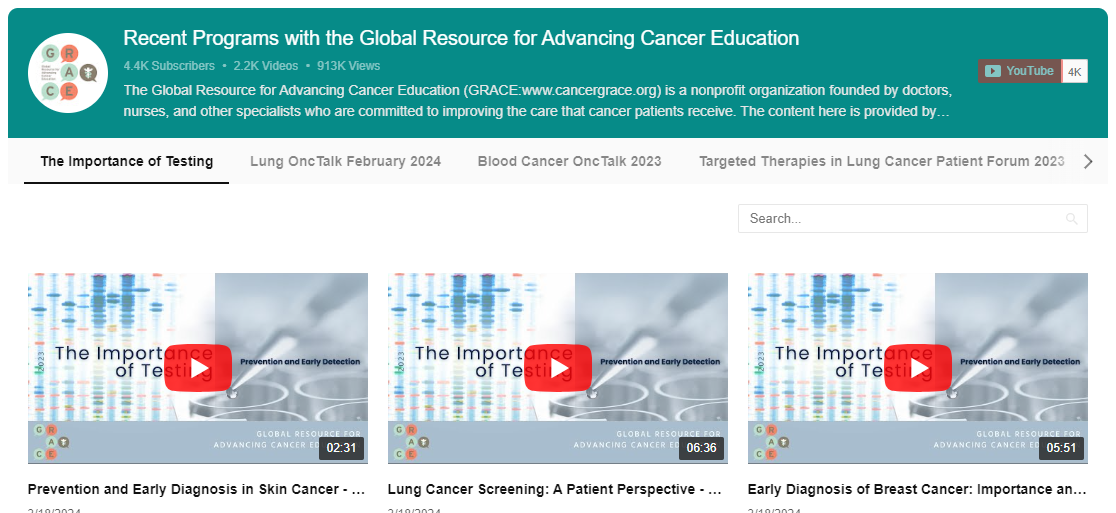Article and Video CATEGORIES
The question of how best to manage "acquired resistance" to a targeted therapy like an EGFR or ALK inhibitor in someone who has had a great response for a long time can be complicated and really doesn't have a best answer. However, other doctors and many patients here and in the brick and mortar world ask me about how I approach it, and I've got some real opinions about it. I'll qualify my further comments by saying that my own views have evolved over the years as we've gained more information as we get more clinical data and practical experience. I'll also say that no expert can be dogmatic that theirs is the best approach. Still, I'm pretty sure I'm right, and I realized that this strategy is remarkably similar to my approach to a slow-growing cancer like bronchioloalveolar carcinoma of the lung -- so I adapted that algorithm to illustrate my actual decision-making process for a patient who comes to me in my own clinic, whether someone I've been following for years or as a new second opinion because of a change.
I'll add that I don't specify WHAT systemic therapy to add when it appears that it's time to add a systemic therapy to the targeted therapy on which someone is slowly progressing or replace the targeted therapy with a new systemic therapy. There is no right answer to this question, though I feel that I'd approach this like someone with previously untreated advanced NSCLC who doesn't have a driver mutation: use the doublet chemo +/- Avastin (bevacizumab) you would otherwise start someone on as first line treatment. However, a trial of a novel targeted therapy, perhaps specifically for patients with acquired resistance to the agent the person is on, would be extremely appealing as well. I hope and expect that we'll learn more about this.
Also, please note my comment at the bottom about a repeat biopsy of the progressing lesion(s). I have mixed feelings about this. Though I definitely think this is and will continue to be a driver of our better understanding of the biology of lung cancer in general and acquired resistance specifically, I need to point out that most people won't have an "actionable" result that leads to a practical improvement in our ability to manage the cancer or offer an effective alternative treatment -- particularly if the person isn't at a very large academic center with many trials of novel therapies. In addition, insurers may not pay for this intervention that isn't part of an evidence-based standard of care right now, so there's a change that a repeat biopsy could incur significant costs along with some small risks from the procedure itself.
Final bonus: this algorithm is also pretty close to how I'd approach someone with slow progression on nearly any other systemic therapy for other cancers. The key is the clinical significance, the pace of progression, and whether it's very limited or diffuse.
I'm hopeful that this algorithm will become out of date rapidly as we gain more information about how to treat people in this situation. Until then, please tell me if it's helpful or whether you think I've overlooked something I should include.
Please feel free to offer comments and raise questions in our
discussion forums.
Forum Discussions
Waiting for my appointment with oncologist this morning. Thank you for the response. It helps. <3
It sounds like you’re thinking of this in a very appropriate way. Specifically, it sounds like the growth of the nodule is rather modest, though keep in mind that the change...
Hi and welcome to GRACE. I'm sorry your mom is having this difficulty. An indwelling catheter is used when the pleura space continually fills and the catheter is always there to...
Hi Oaktowngrrl, Welcome to Grace. I'm so sorry you're going through this.
Finding a reputable dedicated thoracic surgeon for lung surgery might be difficult, as it is a complex and...





Hi Blaze,
As much as I hate to say it, Welcome back Blaze. It sounds like you're otherwise feeling good and enjoying life which is a wonderful place to be. ...